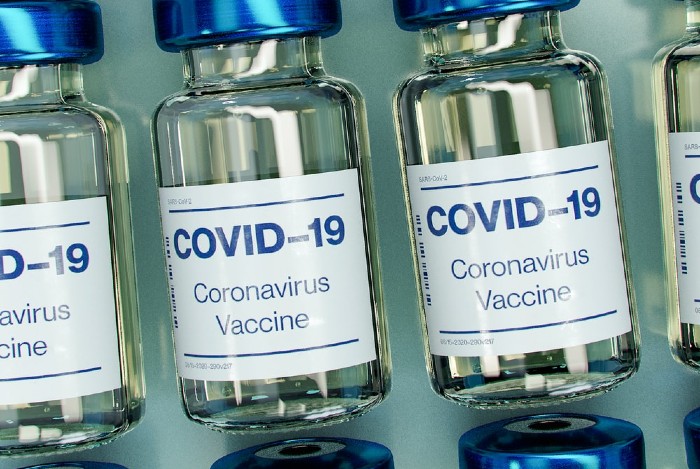![Race for herd immunity [Infographic] herd immunity, post-covid recovery, vaccine](/wp-content/uploads/2021/05/COVID-19-Race-for-herd-immunity.png)
There is no conversation about post-covid recovery without discussion about the vaccine rollout and eventual global herd immunity.
But what is it about herd immunity that makes it so important for recovery, and how close are we to attaining this goal?
“Herd immunity” occurs when a large portion of a community becomes immune to a disease. This can be achieved either through mass vaccination or through previous infection (we prefer the former). When a large percentage of a population is immunized, this makes it very difficult for a virus to spread from host to host. This is important especially to protect those that are not able to get a vaccine, or those who are particularly immuno-compromised.
The percentage required for herd immunity differs from disease to disease, depending on how contagious it is. For example, for a population to become herd immune to measles, the percentage required is 95%.
For covid-19, this number currently hovers around 70-90%, though recent strains and new data is pushing scientists to lift the requirement into the higher end of that range.
A nation becoming “herd immune” to covid-19 has been seen as one of the strongest pillars for economic recovery. If the covid-19 virus is no longer able to spread, governments can potentially do away with lockdowns, business shutdowns, curfews, social distancing requirements, and even open up borders to international tourism.
Unfortunately, if you currently reside outside of the United States and Europe, you are likely pretty far from it, according to the latest statistics offered by World in Data. Globally, only around 5.2 percent of the population is immunized against covid-19, and in Asia, this number is down to 2.1 percent.
There are quite a few many reasons for the slow rollout of vaccines. Simply put, there just isn’t enough to go around at the moment.
Armida Salsiah Alisjahbana of the United Nations Economic and Social Commission for Asia and the Pacific said that advanced economies have been moving much quicker to distributing vaccines, whilst developing countries in the Asia Pacific region will have a much more difficult time achieving herd immunity.
“I think that is quite a challenge,” she told CNBC’s “Street Signs Asia” in May. “If we see the data so far, progress has been quite low with the exception of a few advanced countries,” she said during an interview as part of the Asian Development Bank’s virtual Southeast Asia Development Symposium.
Even though some countries have placed vaccine orders, and others may even have supplies on hand, “implementation on the ground is quite slow,” she added.
“One of the major issues — especially now because it’s still early on (in) the vaccination program and its implementation — is the adequate supply,” she said.
However, another problem has reared its head, threatening to stifle recovery across many nations, which is what experts have termed “vaccine hesitancy”.
In Australia, a study from the Sydney Morning Herald indicated that almost a third of the public said they did not intend to get vaccinated. The situation is worse in Hong Kong, with only 37 percent of residents indicating that they intended to get vaccinated. The number was similar in Taiwan, with only 40 percent planning to get the jab.
It’s a problem that has been observed mainly in countries that have been fortunate to have seen little impact of covid-19 over the past year. Those hesitant about getting vaccinated have cited adverse effects of vaccines, as well as a lack of need being the main reasons for not wanting to get the jab. It’s a different story however in countries that have suffered greatly from the coronavirus, with huge lines of patients waiting to get their jab.
Governments and businesses have been working hard to solve this problem through education of the public, as well as incentives to spur them to get vaccinated.
In the U.S, the state of Ohio has offered adults who have received at least one dose of the coronavirus vaccine a chance to win US$1 million through a weekly lottery.
In Australia, international airline Qantas is considering offering free loyalty points and other rewards to encourage Australians to get vaccinated.
In Macau, at least two gaming concessionaires have released details of internal programs to incentivize their employees to get vaccinated. Melco Resorts put MOP16 million towards a “Get the Jab” immunity incentive program, whilst MGM China launched a seminar for employees called “Post-pandemic Era: The Road to COVID-19 Vaccine.”
With all taken into consideration, experts believe that global herd immunity can be achieved by around 2024. If you have friends or family hesitant to get the jab – point them to information from the relevant health authorities.
“Remember, none of us will be safe until everyone is safe.”











